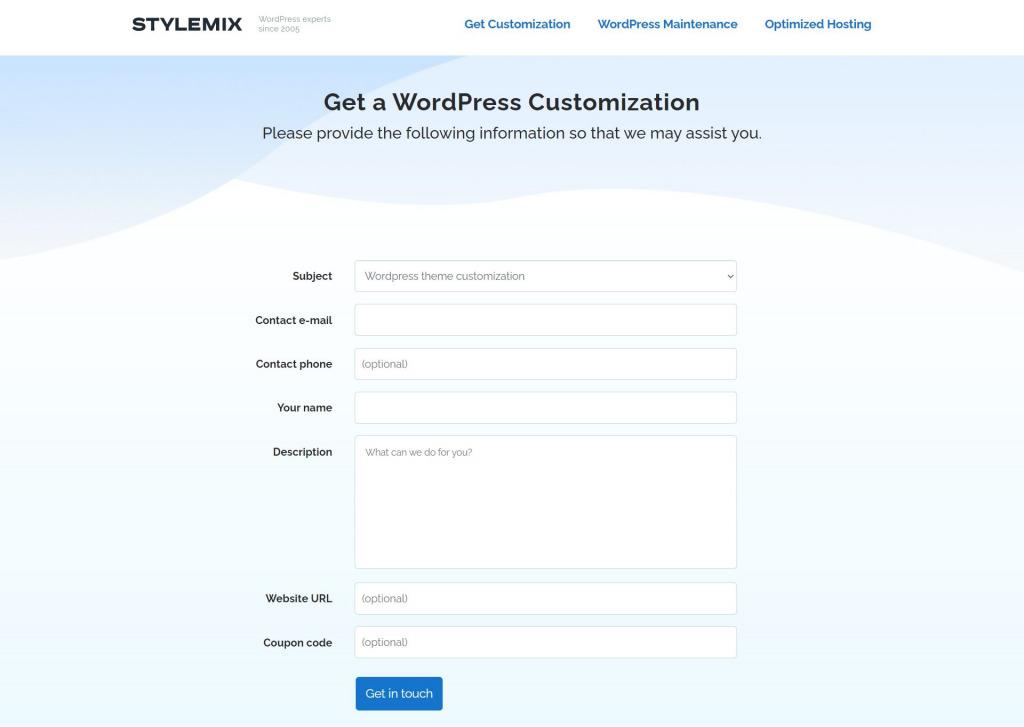Burkina Faso Shuts Down Six International NGOs Over Data Privacy and Legal Breaches
The government of Burkina Faso has recently mandated the closure of six foreign non-governmental organizations (NGOs), citing serious infringements related to data privacy regulations and failure to comply with national legal standards. This action underscores escalating frictions between state authorities and international aid agencies operating within the country’s borders, raising questions about the future of humanitarian assistance amid ongoing security concerns and political instability.
Government Crackdown on Foreign NGOs: Reasons Behind the Closures
Burkina Faso’s authorities have taken a firm stance by ordering six foreign NGOs to cease operations immediately. The official rationale centers on violations involving unauthorized handling of sensitive personal data, lapses in meeting registration requirements, and opaque financial reporting practices. These measures are framed as essential steps toward protecting national sovereignty while ensuring that all entities adhere strictly to local laws.
The affected organizations were primarily engaged in sectors such as healthcare delivery, educational support, and humanitarian relief programs. Specific breaches identified include:
- Improper collection or storage of confidential citizen information without consent
- Lack of valid operational permits or failure to renew registrations timely
- Insufficient transparency regarding funding sources and expenditures
| NGO Name | Focus Area | Nature of Violation |
|---|---|---|
| Global Aid Network | Healthcare Services | Breach of data protection protocols |
| Education for All Initiative | Education Programs | Non-compliance with registration requirements |
| (Other NGOs involved span various sectors with similar compliance issues) | ||
Consequences for Humanitarian Operations Amid Regional Instability and Diplomatic Relations in West Africa
This abrupt suspension poses significant challenges for humanitarian outreach across Burkina Faso-a nation grappling with persistent food insecurity, health emergencies exacerbated by COVID-19 variants like Omicron BA.5 (which saw a surge in cases during early 2024), displacement due to armed conflicts, and fragile governance structures.
The shuttering threatens critical services including:
- Urgent medical care such as vaccination campaigns against diseases like measles and cholera;
- Nutritional support through food distribution networks targeting malnourished children;
- Sustained education initiatives aimed at vulnerable youth populations;
- Cleansing water supply projects alongside sanitation improvements crucial for public health.
This development also signals broader diplomatic repercussions within West Africa’s aid ecosystem. Governments reliant on international partnerships may face increased pressure from donors demanding stricter adherence to sovereignty principles while balancing urgent developmental needs.
- A comprehensive reassessment by donor countries regarding NGO accountability frameworks;
- Tensions potentially arising between Burkina Faso’s government and nations linked financially or politically with these suspended groups; li >
- Possible delays or cuts in funding streams pending thorough compliance audits; li >
- An accelerated shift towards empowering local civil society actors over external agencies. li > ul >
Stakeholder th > Immediate Impact th > Likely Response Measures th > tr > thead >< tbody >< tr >< tdstyle = "" padding :10 px;border : 1 pxsolid# ddd ;"">Burkina Faso Government td >< td > Reinforced regulatory control over NGO activities;
Heightened scrutiny on foreign entities operating domestically
td >< td > Implementationofstricterregistrationandmonitoringprocedures;
Increased collaborationwithlocalpartners
td > tr >< tr >< td > International Donors &
Partners
td >< td > Concerns about program continuity;
Needforreassessingfundallocationstrategies
td >< td > DemandforgreatertransparencyandaccountabilityfromNGOs;
Potentialredirectionoffundstolocalorganizations
td > tr >< tr >< td > Local Communities &
Beneficiaries
td >< td > Disruptioninaccessestoessentialservices;
Increasedvulnerabilityamidsecuritychallenges
tdNavigating Compliance Challenges – Strategic Guidance for NGOs Operating in Burkina Faso The recent clampdown highlights an urgent need for international organizations working within Burkina Faso’s complex regulatory environment to strengthen their governance frameworks-particularly concerning data management policies aligned with global best practices such as GDPR (General Data Protection Regulation) standards adapted locally.
A proactive approach includes enhancing internal controls through regular audits coupled with continuous staff training focused on legal compliance nuances specific to Burkinabe law. p >
Cultivating transparent dialogue channels between NGOs’ leadership teams and governmental regulators can foster mutual understanding while preemptively addressing potential infractions before escalation occurs.< / p >
Beyond procedural adherence lies an opportunity-embedding community voices into program design not only builds trust but also demonstrates respect toward national sovereignty amidst sensitivities around foreign intervention.< / p >
- Semi-annual comprehensive legal reviews: evaluate organizational policies against evolving legislation li >
< li > < strong > Data security enhancements: —
implement encryption techniques,&minimize unnecessary data collection
& nbsp ;
& nbsp ;
& nbsp ;
& nbsp ;
& nbsp ;
&
nb sp ;& lt;/ strong >& lt;/ li >& lt;br /& gt;
< li >< strong > Engage Burkinabe legal experts familiar with NGO regulations< / strong >< br />
Develop crisis communication strategies capable of rapid response should governmental actions arise
Invest heavily in capacity building among local staff members empowered tomaintaincompliance efforts
< / ul >< th& g t ; Recommended Action < / th >
< th& g t ; Anticipated Benefit < / th >
< / tr < thead
Looking Ahead Amid Regulatory Shifts And Humanitarian Needs In Burkina FasoThe forced shutdowns mark a pivotal moment reflecting heightened demands from Burkinabe authorities for stringent oversight over international actors working domestically.
While safeguarding citizens’ rights around personal data remains paramount globally-with African Union member states increasingly adopting harmonized digital privacy laws-the balance between regulation enforcement versus sustaining vital humanitarian interventions presents ongoing challenges.
As security threats persist alongside socio-political complexities throughout West Africa-including neighboring Mali where similar NGO restrictions emerged recently-the trajectory suggests intensified scrutiny paired potentiallywith greater emphasison empowering indigenous civil society groups.
Observers will be watching closely how this episode influences future collaborations among governments,donor agencies,and non-governmental players striving collectivelytowards sustainable developmentgoalswithinthe region.
- Semi-annual comprehensive legal reviews: evaluate organizational policies against evolving legislation li >

